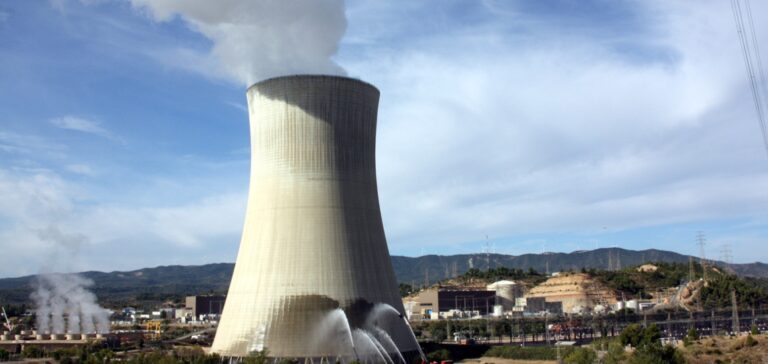The recent visit of Rafael Grossi, Director General of the International Atomic Energy Agency (IAEA), to Andra’s Bure laboratory highlights the growing importance of nuclear waste management. This project, known as Cigéo, represents a significant milestone in France’s energy strategy and underlines its pioneering role in the global nuclear sector.
IAEA perspective on the Andra Laboratory
During his visit, Mr Grossi expressed great confidence in the laboratory’s capabilities, calling it “impressive” and a “clear demonstration” of France’s seriousness in the nuclear field. Drawing comparisons with similar sites in Finland and Sweden, he emphasized that the Andra laboratory is becoming a world benchmark in radioactive waste management.
Advanced Technologies and Long-Term Security
The Andra laboratory, which does not currently store any radioactive waste, is used as a test site for various technologies designed to ensure the safe, long-term storage of radioactive waste. According to Mr Grossi, these technological advances offer
“technically and scientifically proven guarantees”.
underlining France’s commitment to responsible nuclear waste management.
Controversies and Social Challenges
Despite the IAEA’s approval, the Cigéo project has met with opposition, including demonstrations against what some see as the government’s “power grab”. Grossi refutes these allegations, asserting that the project rather represents a
“scientific, human and financial investment”.
from a nuclear-dependent society to sustainable development.
Rencontres et Perspectives Politiques
Mr. Grossi’s meeting with President Emmanuel Macron and recent “important announcements” on nuclear power in France mark a decisive moment for the project. These developments coincide with the French Constitutional Council’s decision to preserve the right of future generations to a healthy environment, underlining the relevance of the Cigéo project in this context.
The IAEA’s visit to Bure represents a turning point in nuclear waste management, combining technological advances with a political commitment to a sustainable future.






















